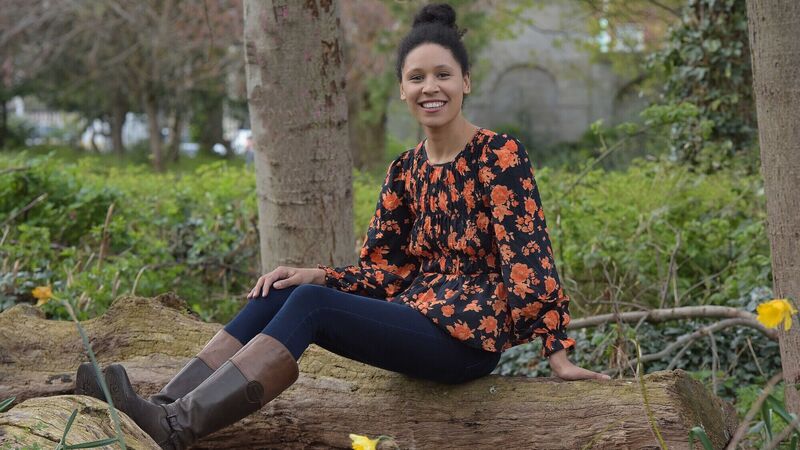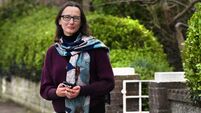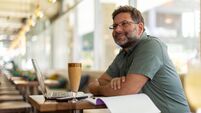Quarter-life crisis: the struggle to balance dreams and reality

Niamh Jimenez: "In my life, I can’t seem to escape the feeling that I am a whole decade behind where I was meant to be. Right on the cusp of 30, I find myself child-free, car-free, and a perpetual student." Picture: Moya Nolan
A lot happens in quarter-life, those less talked about though no less turbulent years that stretch from the end of adolescence to the beginning of midlife. This is when, having been thrown into the deep end of the pool without armbands, the rest of the world expects you to swim gracefully—like a proper 'adult'. In the eyes of many, swimming gracefully in your 20s and 30s means building a stable career, saving for a house with good plumbing, and finding a suitable forever partner.
Just as all of these ‘properly adult’ goals come to the fore, a bunch of seemingly less rational fantasies—like launching a new creative project or working abroad—get tucked away like disobedient children. This is the perfect recipe for what Satya Doyle Byock, US-based psychotherapist and author of the new book calls a “quarter-life crisis”.











